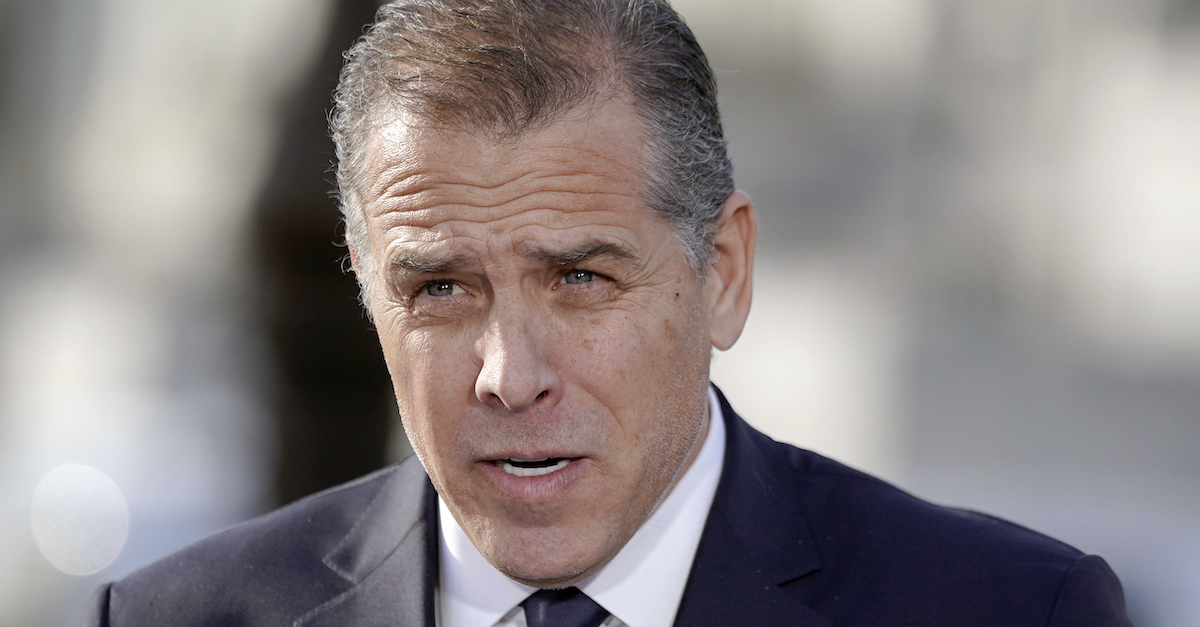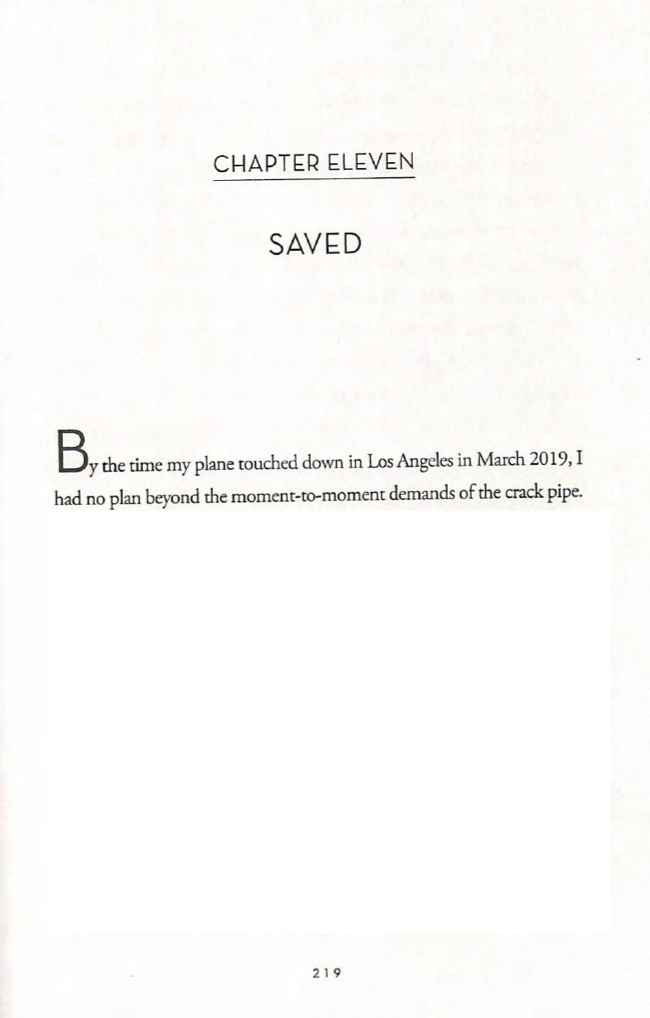
FILE – Hunter Biden, son of President Joe Biden, speaks during a news conference outside the Capitol, Dec. 13, 2023, in Washington. (AP Photo/Mariam Zuhaib, File)
As the special counsel aims to use Hunter Biden’s book and audiobook “admissions” against him at his federal gun trial, President Joe Biden’s son is neither challenging the authenticity of materials nor seeking to suppress them. What Biden’s lawyers are asking for is something of a two-way street: if David Weiss wants to use incomplete book excerpts against the defendant, the defendant should be allowed to fill in the gaps, even if the special counsel regards those gaps as “self-serving and irrelevant statements.”
The Monday response, which the defense filed along with numerous other responses to prosecutors’ motions in limine, had a fairly straightforward goal: “To be clear, Mr. Biden is not asking the Court to include ‘everything’ from his book, but where the Special Counsel seeks to admit a page from Mr. Biden’s memoir as written by him, Mr. Biden should have the right to seek the admission of additional relevant sentences or passages from that same page, subject to the Rule of Completeness, so long as the statements meet the other requirements for relevance and prejudice.”
Last Tuesday, special counsel Weiss filed a motion to use the Biden book “Beautiful Things” and the “admissions” inside, arguing it would help prove his case that the defendant unlawfully purchased and possessed a firearm in 2018 while “knowing” he was addicted to crack.
“In Chapter 11 of his book,” the special counsel said, “the defendant admitted that he was actively addicted to crack cocaine between 2015 and 2019.”
While Weiss included an exhibit of excerpts from the book that he found relevant and fit for trial evidence, he simultaneously asked U.S. District Judge Maryellen Noreika to bar the defense from citing “self-serving and irrelevant statements from other portions of the book and audiobook.”
The defense has since pushed back on Weiss’ ask by saying his “categorical motion to exclude other statements from [Biden’s] memoir as self-serving and inadmissible hearsay” was flat-out “wrong” since other parts of the book that go to Biden’s state of mind could very well be “extremely relevant.”
“The Special Counsel is wrong and ignores the established exception to the rule against hearsay for ‘then-existing state of mind (such as motive, intent, or plan) or emotional, sensory, or physical condition (such as mental feeling, pain, or bodily health),”” the defense’s opposition said. “A statement from the memoir or audiobook that describes Mr. Biden’s own state of mind, and is offered to prove the declarant’s (e.g., Mr. Biden’s) existing state of mind rather than its truth, constitutes the very exception to hearsay contained in Rule 803(3), and likely would be admissible so long as it meets the other requirements for relevancy and 403 evidence.”
The defense also criticized Weiss for picking the excerpt “By the time my plane touched down in Los Angeles in March 2019, I had no plan beyond the moment-to-moment demands of the crack pipe” while redacting the lines that immediately followed, where Biden discussed “suicidal thoughts.”

Biden book excerpt redacted (court exhibit)
From the defense in the special counsel’s “concerning” request:
Lastly, setting aside the admissibility of additional statements from Mr. Biden’s memoir, equally concerning is the Special Counsel’s selective redaction to statements contained in the pages in Exhibit 1, without regard to the completeness of those proffered pages. For example, on page 219 (Chapter 11 title page, “Saved”), the Special Counsel included the opening sentence, “By the time my plane touched down in Los Angeles in March 2019, I had no plan beyond the moment- to-moment demands of the crack pipe.” However, the very next sentence on the page is redacted: “I was committed to one thing: vanishing for good.” Such a statement—whether Mr. Biden was in such despair or depression that he wanted to disappear, or worse, relent to suicidal thoughts—again goes to Mr. Biden’s then-existing state of mind, and should Mr. Biden seek its admission at trial, it ought to be admissible subject to its relevance and probative value.
The defense also said Weiss emphasized Biden’s numerous rehab stints while redacting the ensuing lines, “I consciously stopped even pretending I would get better. I dove headfirst into the void” — lines which the defense insists “go to Mr. Biden’s state of mind at the time.”
In a footnote, Biden’s lawyers made clear they don’t “intend to challenge the admissibility” of the book excerpts Weiss cited. Nonetheless, the defense “reserve[d] the right to challenge the relevancy of any proffered excerpt.”
Read Hunter Biden’s opposition here.
Have a tip we should know? [email protected]








